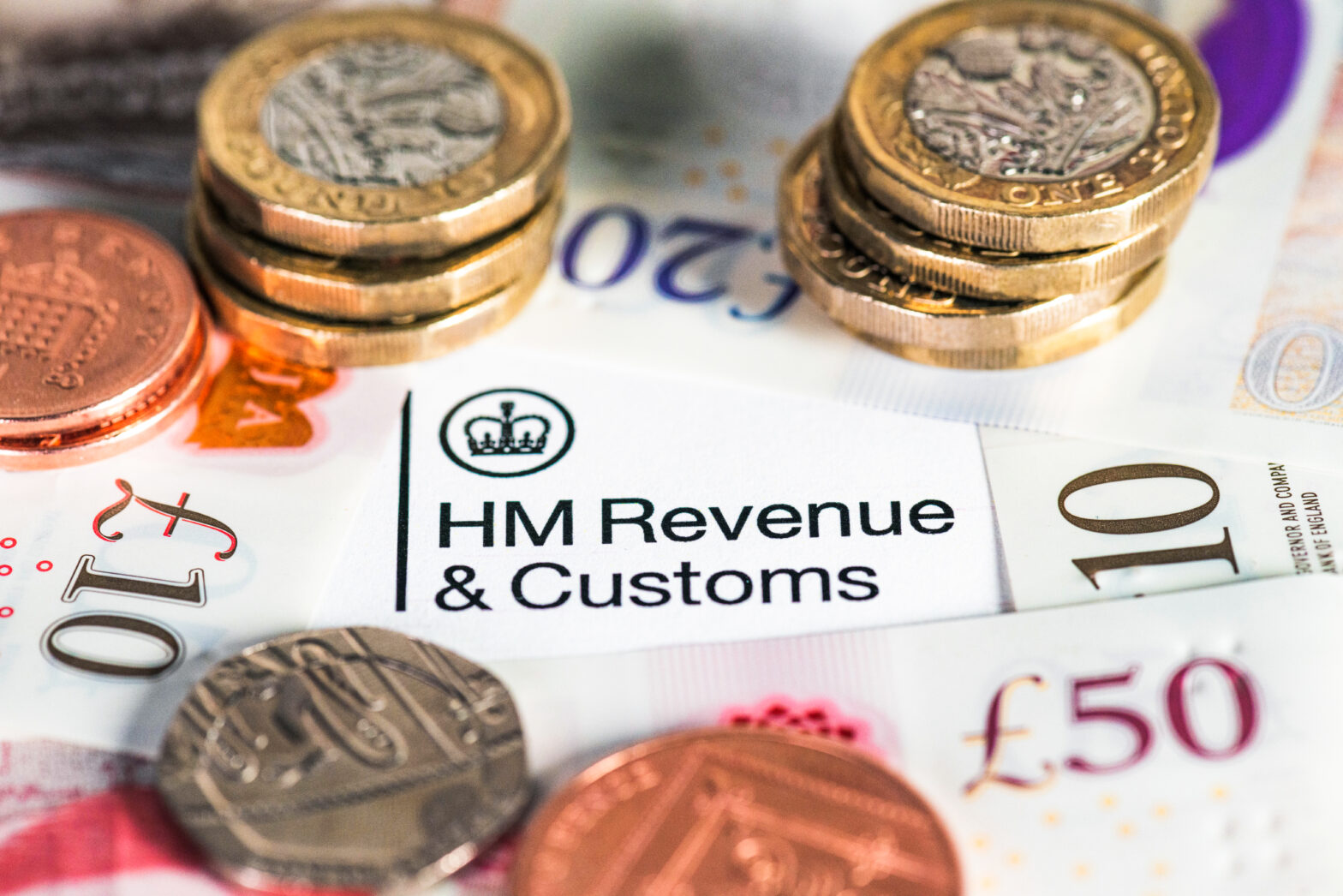Every UK-registered company has to deal with corporation tax which makes it a frequently searched topic, especially for start-ups.
We will therefore answer five frequently asked questions concerning corporation tax.
What is corporation tax?
Corporation tax must be paid by all private limited companies that generate taxable profits. These are the profits that remain after deducting allowable expenses and any tax reliefs in a specific accounting period.
Profits subject to corporation tax are:
- Trading profits which is the income from the company’s trading activities after deducting allowable expenses
- Capital gains which are chargeable gains when a company sells an asset (such as land, property or shares)
- Any other income, such as rental income
Unlike individuals, companies do not receive a tax-free allowance and all profits are taxable.
If a company is dormant or loss making, no corporation tax is due. A dormant company is a company that carries on no trade or business at any time during an accounting period.
When a company generates a loss in a given year, it can offset the loss against profits in other years. Losses can usually be carried back to the previous year or carried forward indefinitely.
Following incorporation, a company must inform HMRC, within three months of trading, that a limited company has become active.
HMRC will then provide the company with a 10-digit Unique tax reference (UTR) which is needed to register the company for corporation tax.
The corporation tax accounting period of a company is usually 12 months long and it normally matches the financial year of the company.
In certain instances, the accounting period is longer than 12 months. This is sometimes the case for newly formed companies preparing their first accounts or for companies making changes to the financial year end.
>See also: What are potential sources of funding for your business?
What are corporation tax rates?
Up to 31 March 2023 the corporation tax rate is 19 per cent. From 1 April 2023, this will increase to 25 per cent.
The good news is that companies with small profits up to £50,000, the corporation tax rate remains at 19 per cent. There will also be a tapered rate for companies with profits between £50,000 and £250,000 (meaning that the effective corporation tax rate will be adjusted to fall between 19 per cent and 25 per cent).
These two limits will be divided by the number of associated companies. Two companies are associated if one controls the other or both are under the control of the same person or persons.
How can a company can reduce its tax bill?
There are several ways for companies to reduce their tax liability.
Claim R&D tax relief
A company undertaking research and development activities can claim a tax credit on the qualifying expenditure incurred in a relevant accounting period. A company can obtain enhanced deductions for the costs of staff and subcontractors who directly work on the R&D projects and for the costs of software and materials directly used when undertaking R&D work. The scheme allows a SME to deduct 230 per cent of qualifying expenditure on R&D from its taxable profits (or 186 per cent from 1 April 2023).
Claim Patent Box relief
This is available to companies which exploit patented inventions and innovation with the profits generated from the patents taxed at a reduced rate of 10 per cent (rather than the standard 19 per cent to 25 per cent). The company must own qualifying patents, or exclusive licences for the rights to those patents, in order to qualify.
Claim capital allowances
A company which invests in plant and machinery can claim the Annual Investment Allowance (AIA), which provides 100 per cent tax relief in the year of purchase up to the AIA limit of £1 million. The AIA limit needs to be adjusted for accounting periods more or less than 12 months.
Be sure to claim all business expenses
Claim all business expenses. Failure to do so will result in increased profits and increased taxes. Remember, you can claim for overheads (such as office costs, business travel, advertising and marketing costs, etc) as well as direct costs of sale.
Pay your tax bill on time
Delaying payment will incur unwanted interest charges, as well as potentially affecting the company’s credit score.
Check out the video below to find out more
When do you have to pay corporation tax?
A company must pay its corporation tax liability nine months after the end of the accounting period.
Following the payment of its tax liability, a company must submit a corporation tax return 12 months after the end of the accounting period. Large companies, instead, will have to pay tax in instalments. (A company is large when its profits for an accounting period are between £1.5 million and £20 million.)
If a company pays its tax early, HMRC pays interest from the date the company pays its corporation tax to the payment deadline. The earliest HMRC will pay interest is six months after the start of a company accounting period. The interest HMRC pays is at the annual rate of 0.5 per cent.
HMRC charges interest on overdue tax payments. From May 2025 the interest rate applying on overdue corporation tax is 8.25 per cent.
Even at 25 per cent, the UK corporation tax rate will be the lowest rate in any G7 country, with most small businesses benefitting from the new small-profits rate. The introduction of a small profits rate will mean that around 1.4 million businesses continue to pay either no corporation tax or corporation tax at 19 per cent.
James Richardson BA FCA is a director of Metric chartered accountants
Further reading
Top 10 best countries for entrepreneurs – Are you looking to start your own business abroad? Here are the top ten economies for entrepreneurs, according to the annual Global Entrepreneurship Monitor (GEM)






